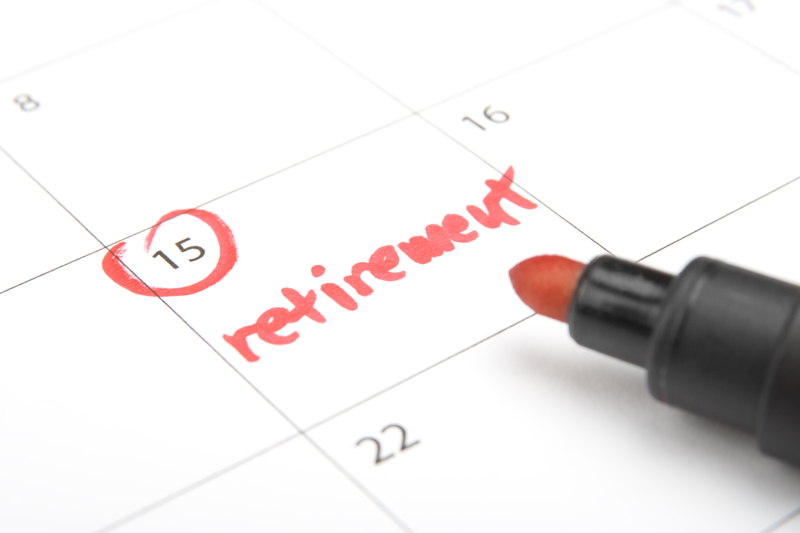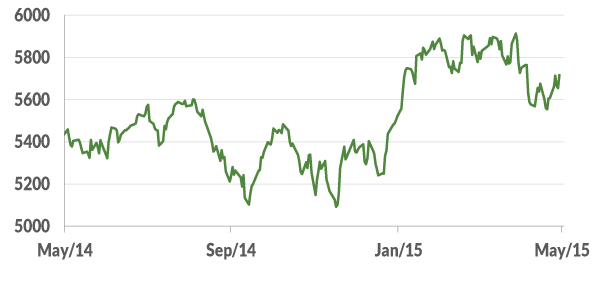If you are within three to five years of retirement it is a good time to review your investment strategy.
When you are working, your investment strategy will focus on accumulating and growing wealth in a tax effective manner, and your investment time horizon is generally quite long. As you enter retirement the focus shifts to living off your investments, and your retirement income needs will become a priority.
Investing for retirement
Below we have outlined five key investment areas to take into consideration as you approach retirement:
1) Cash Flow matching
Look to generate enough investment income to cash flow match your retirement income needs. So how much super is enough? That magic number really is unique to you, it will depend on what your income needs are. Working out a retirement budget is a good first step to help you plan and feel comfortable with your strategy.
2) Diversification
“Don’t put all your eggs in one basket.” Spread your investments over a broad range of less volatile asset classes and investment products, using a conservative approach. Having multiple sources of retirement income will help you ride out different economic challenges, so you will be prepared no matter what happens. We spend time researching and reviewing new and emerging investment opportunities to make sure you are using the most appropriate strategies.
3) Growth vs Income
Generally there will be a skew to income rather than capital growth from investments. Investing for growth will tend to require a longer time commitment, as assets such as shares or property will be anticipated to increase in capital value over time rather than provide a quick return. As you approach retirement we use high income strategies in blue chip investments that will provide the income that you require.
4) Tax
Tax effective investment strategies become less important in retirement. If you withdraw super benefits on or after the age of 60, your super benefit payment will be free of tax. Also, the benefits of franking credits from Australian share dividends are often more valuable to someone in retirement, as their marginal tax rate is often nil (or at least low).
5) Investment risk
Retirement is not the time for investment risk. The consequence of taking risks that turn out badly is worse for retirees than for most other investors. The time horizon to recover from taking risks is reduced. We tend to focus on blue chip investments that provide a more stable return from year to year.
Click here to download this newsletter as a PDF.







Leave A Comment
You must be logged in to post a comment.